The Role of Community Mental Health Services and Resources
Hey there, my young and curious friends! It’s your mental health buddy, Nita Sharda, here to talk about a topic that’s super important for all of us to understand – the role of community mental health services and resources in supporting our well-being and helping us navigate life’s challenges.
Now, I know that when we think about mental health, we might picture things like therapy sessions or medication. And while those can definitely be important tools for some people, they’re not the only ways to take care of our mental health.
In fact, there are tons of amazing resources and services right in our own communities that can help us build resilience, cope with stress, and feel more connected and supported in our daily lives.
So today, we’re going to explore the world of community mental health, and discover some of the ways that we can tap into these resources to support our own well-being and the well-being of those around us.
What is Community Mental Health?
First, let’s break down what we mean by community mental health.
Community mental health refers to the range of services, resources, and supports that are available within a community to promote mental health and well-being, prevent mental illness, and provide treatment and recovery services for those who need them.
These resources can take many different forms, from counseling and support groups to educational programs and social activities. They can be offered by a variety of organizations and institutions, including:
- Schools and universities
- Community centers and libraries
- Faith-based organizations
- Non-profit agencies and charities
- Local government programs
- Healthcare providers and clinics
The goal of community mental health is to create a supportive and inclusive environment where everyone has access to the resources and support they need to thrive, regardless of their background, identity, or life circumstances.
Why is Community Mental Health Important?
So, why is community mental health so important? There are a few key reasons:
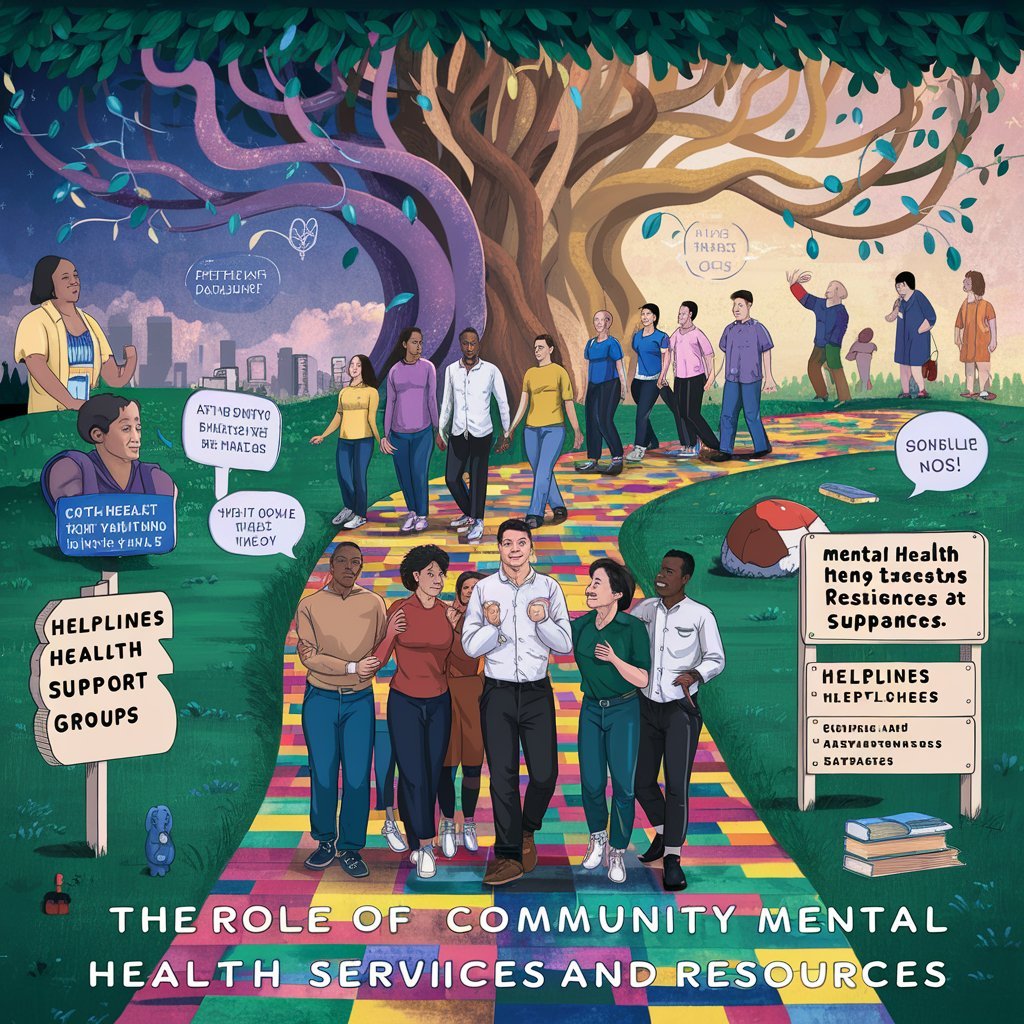
Accessibility and Affordability
One of the biggest barriers to getting mental health support is often access and affordability. Not everyone has insurance coverage or the financial means to pay for private therapy or medication.
Community mental health resources, on the other hand, are often free or low-cost, and are designed to be accessible to everyone in the community. This means that more people can get the support they need, when they need it, without facing financial or logistical barriers.
Early Intervention and Prevention
Another key benefit of community mental health resources is that they can help catch mental health concerns early on, before they develop into more serious or chronic issues.
By providing education, screening, and early intervention services, community mental health programs can help identify and address mental health concerns in their early stages, when they are often more treatable and manageable.
This can help prevent more serious mental health crises down the line, and can also reduce the overall burden on the healthcare system and other social services.
Social Connection and Support
Community mental health resources also play a vital role in fostering social connection and support, which are key protective factors for mental health and well-being.
When we feel connected to others and supported by our community, we are more resilient in the face of stress and adversity. We have people to turn to when we need help or advice, and we feel a sense of belonging and purpose that can buffer against feelings of isolation or hopelessness.
Community mental health programs often provide opportunities for social connection and support, whether through peer support groups, community events, or volunteer opportunities. These experiences can help build a sense of community and belonging that is so important for our overall well-being.
Addressing Social Determinants of Health
Finally, community mental health resources can help address some of the broader social and environmental factors that impact mental health and well-being, known as social determinants of health.
These factors can include things like poverty, discrimination, trauma, and lack of access to education, healthcare, or other basic needs. They can create chronic stress and adversity that can take a toll on mental health over time.
Community mental health programs often work to address these social determinants of health by providing resources and support beyond just individual therapy or medication. This might include things like:
- Housing and employment assistance
- Food and nutrition programs
- Legal and advocacy services
- Cultural and linguistic support services
- Parenting and family support programs
By addressing these broader social and environmental factors, community mental health resources can help create a more equitable and supportive environment for everyone in the community.
Types of Community Mental Health Resources
So, what are some of the different types of community mental health resources that might be available in your area? Here are a few examples:
School-Based Mental Health Services
Many schools offer mental health services and support for students, such as counseling, support groups, or referrals to outside services. These programs can help students cope with stress, build social and emotional skills, and access additional support when needed.
Community Counseling Centers
Community counseling centers provide affordable or free mental health services to individuals and families in the community. These services might include individual or group therapy, case management, or referrals to other resources and support.
Support Groups
Support groups bring together people who are facing similar challenges or experiences, such as grief, addiction, or chronic illness. These groups provide a safe and supportive space to share experiences, learn coping strategies, and build social connections.
Crisis Hotlines and Text Lines
Crisis hotlines and text lines provide 24/7 support for people in mental health crisis or experiencing thoughts of suicide. These services are confidential and can provide immediate support and referrals to additional resources.
Peer Support Programs
Peer support programs connect individuals with lived experience of mental health challenges with others who are going through similar experiences. These programs can provide social support, practical advice, and a sense of community and belonging.
Wellness and Self-Care Programs
Many community organizations offer programs and activities that promote wellness and self-care, such as yoga classes, art therapy workshops, or nature walks. These activities can help reduce stress, build resilience, and promote overall well-being.
How to Access Community Mental Health Resources
So, how can you or someone you know access community mental health resources in your area? Here are a few tips:
Talk to Your Doctor or School Counselor
If you have a regular healthcare provider or school counselor, they can be a great resource for learning about community mental health services and getting referrals to specific programs or providers.
Contact Your Local Government or Non-Profit Agencies
Many local government agencies and non-profit organizations offer mental health services and resources. You can often find information about these programs on their websites or by calling their main office.
Use Online Directories and Databases
There are many online directories and databases that can help you find mental health resources in your area, such as the National Alliance on Mental Illness (NAMI) or the Substance Abuse and Mental Health Services Administration (SAMHSA) Treatment Locator.
Ask for Recommendations from Trusted Sources
If you have friends, family members, or other trusted sources who have used mental health services in the past, they may be able to provide recommendations or referrals to specific programs or providers.
Remember, It’s Okay to Ask for Help
Finally, I want to remind you that it’s always okay to ask for help when it comes to your mental health. Whether you’re struggling with a specific challenge or just feeling overwhelmed and in need of support, there are people and resources available to help you.
You don’t have to face these challenges alone, and seeking help is a sign of strength, not weakness. So don’t be afraid to reach out, ask questions, and explore the community mental health resources that are available to you.
A Message of Hope and Empowerment
Before we wrap up, I want to leave you with a message of hope and empowerment, my young friends.
Taking care of our mental health is one of the most important things we can do for ourselves and for those around us. And while it’s not always easy, there are so many incredible resources and supports available to help us along the way.
Whether it’s through therapy, medication, community programs, or just the love and support of those around us, there are so many paths to healing and resilience.
And remember, you have the power to make a difference in your own life and in the lives of others. Every time you reach out for help, every time you offer support to someone else, every time you advocate for mental health awareness and resources in your community – you are helping to create a world that is more compassionate, more connected, and more supportive of everyone’s well-being.




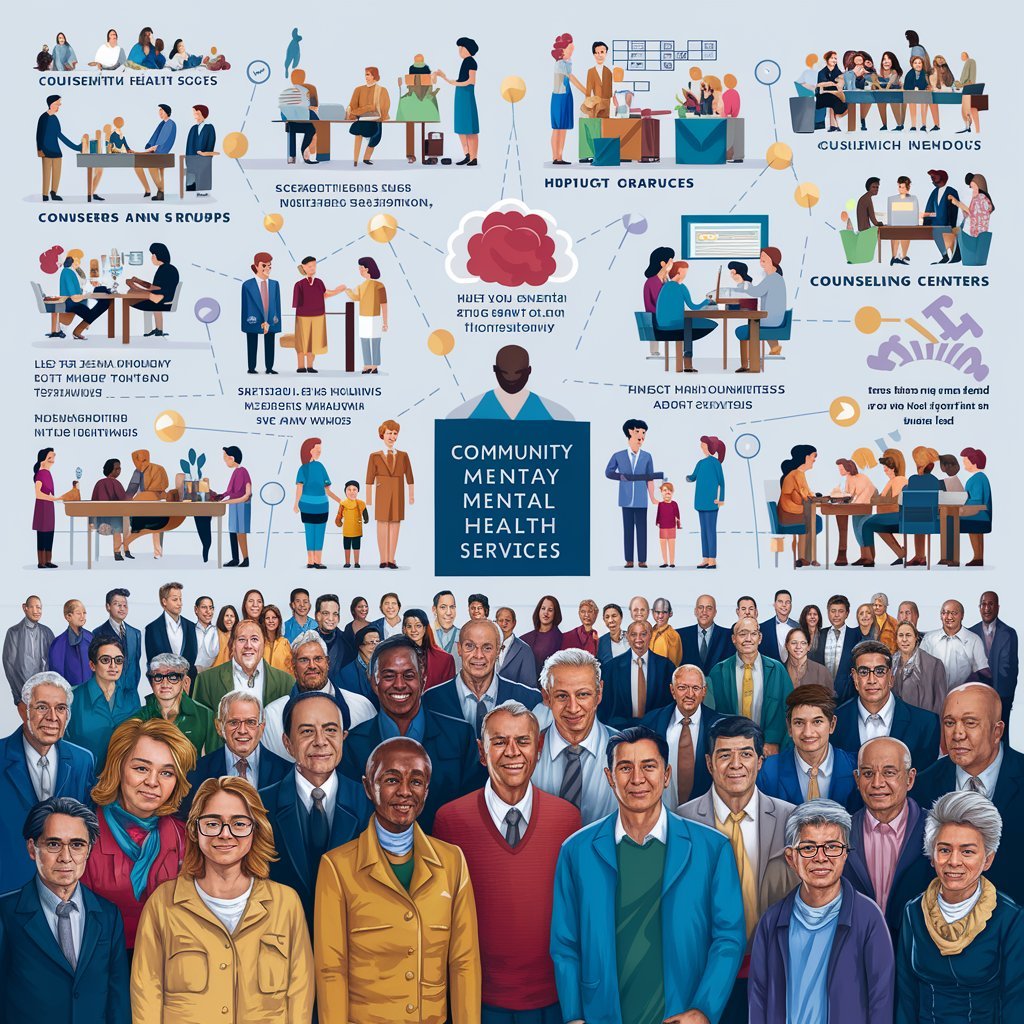




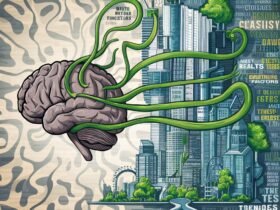

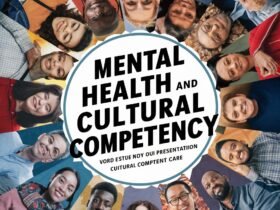
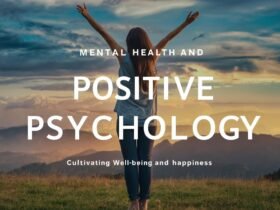
Leave a Reply